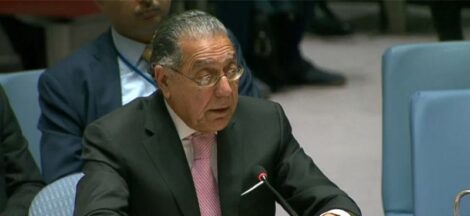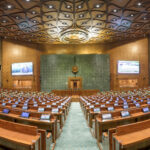A passenger train carrying over 400 individuals was hijacked in Pakistan’s Balochistan province, leading to a tense standoff that resulted in significant casualties. The incident occurred as the Jaffar Express, en route from Quetta to Peshawar, was ambushed by militants from the Baloch Liberation Army . The attackers disabled the train by detonating explosives on the tracks, forcing it to a halt in a remote area.
Security forces promptly responded to the crisis, engaging in intense firefights with the insurgents. Reports indicate that at least 27 militants were killed during the operation. Additionally, 155 hostages were successfully freed, though the exact number of passengers still held captive remains uncertain. The BLA, which has been designated as a terrorist organization by both Pakistan and the United States, claimed responsibility for the attack. They have threatened to execute the remaining hostages if their demands, including the release of imprisoned members, are not met.
The BLA has a history of targeting security forces, civilians, and infrastructure in Balochistan, a region rich in natural resources yet plagued by longstanding grievances over alleged exploitation and marginalization. This hijacking marks a significant escalation in their insurgency, underscoring the persistent security challenges faced by Pakistan in the region.
The Pakistani government has condemned the attack, reiterating its commitment to combating terrorism and ensuring the safety of its citizens. Emergency measures have been implemented, with hospitals in the vicinity placed on high alert to treat the injured. The situation remains fluid, with security operations ongoing to secure the area and ensure the safe release of any remaining hostages.
This incident highlights the volatile security landscape in Balochistan and the ongoing challenges posed by insurgent groups like the BLA. The Pakistani authorities face the critical task of addressing the underlying issues fueling such insurgencies while ensuring robust security measures to protect civilians and infrastructure.




 Immigration and Foreigners Bill Sparks Constitutional Debate in Lok Sabha
Immigration and Foreigners Bill Sparks Constitutional Debate in Lok Sabha 